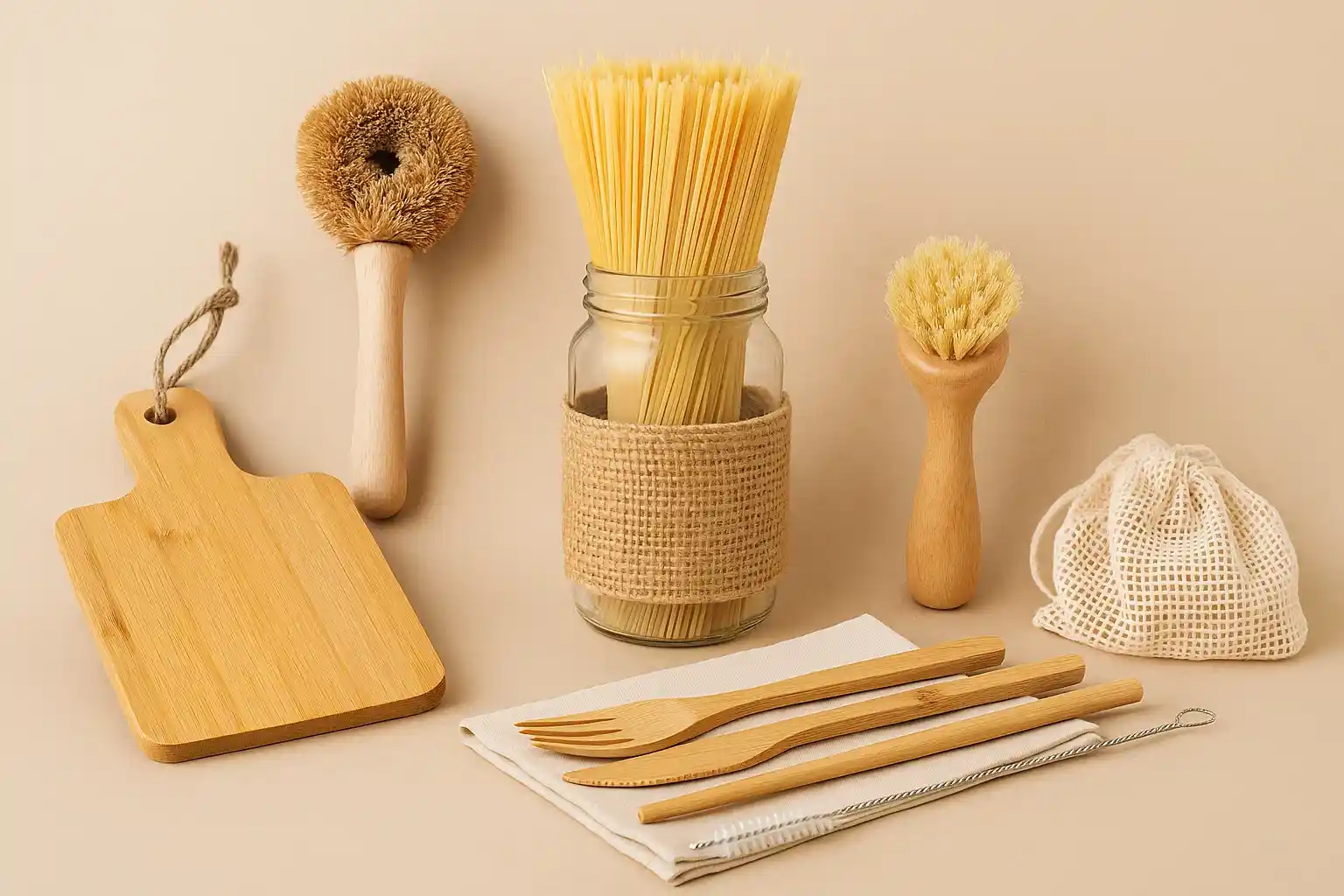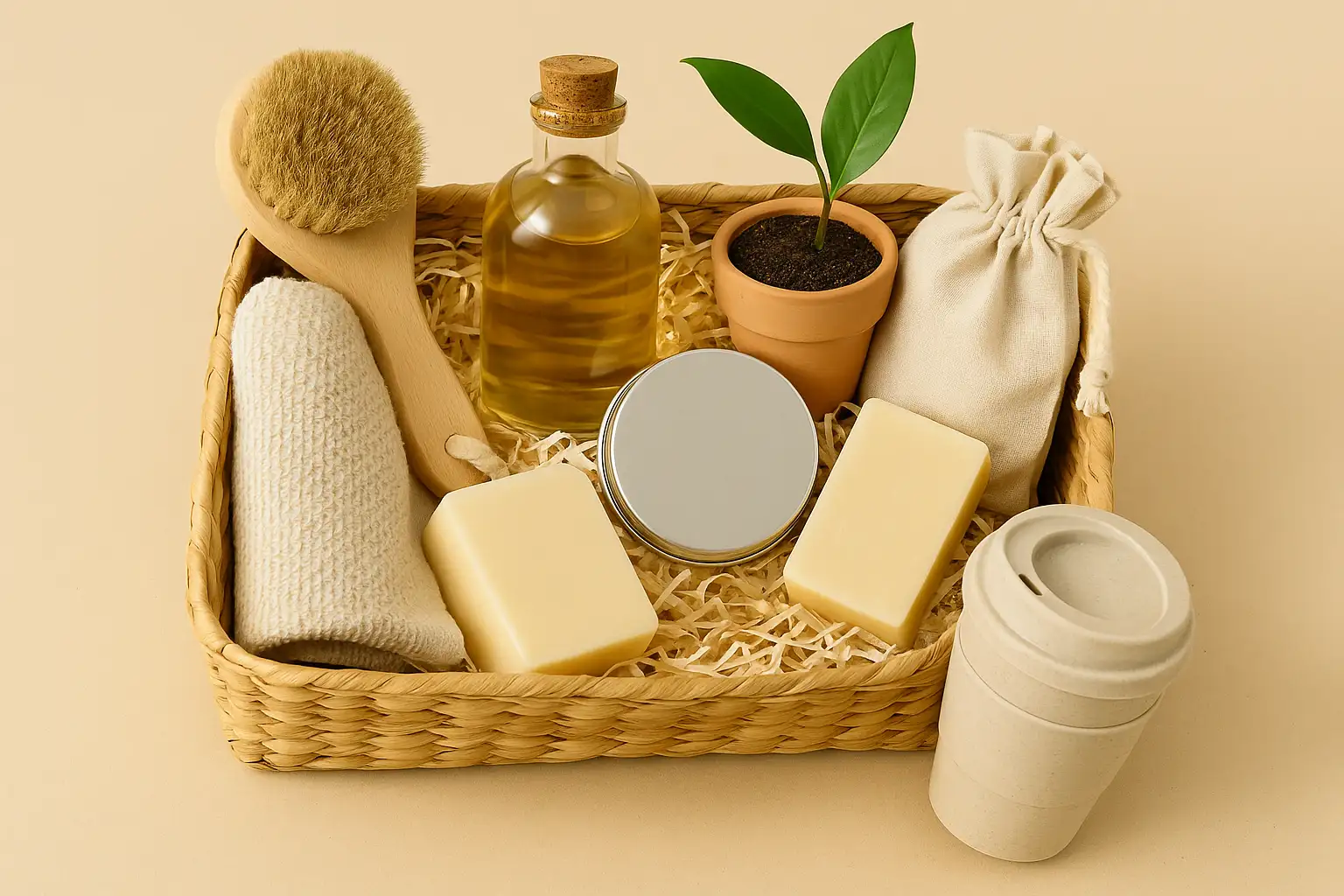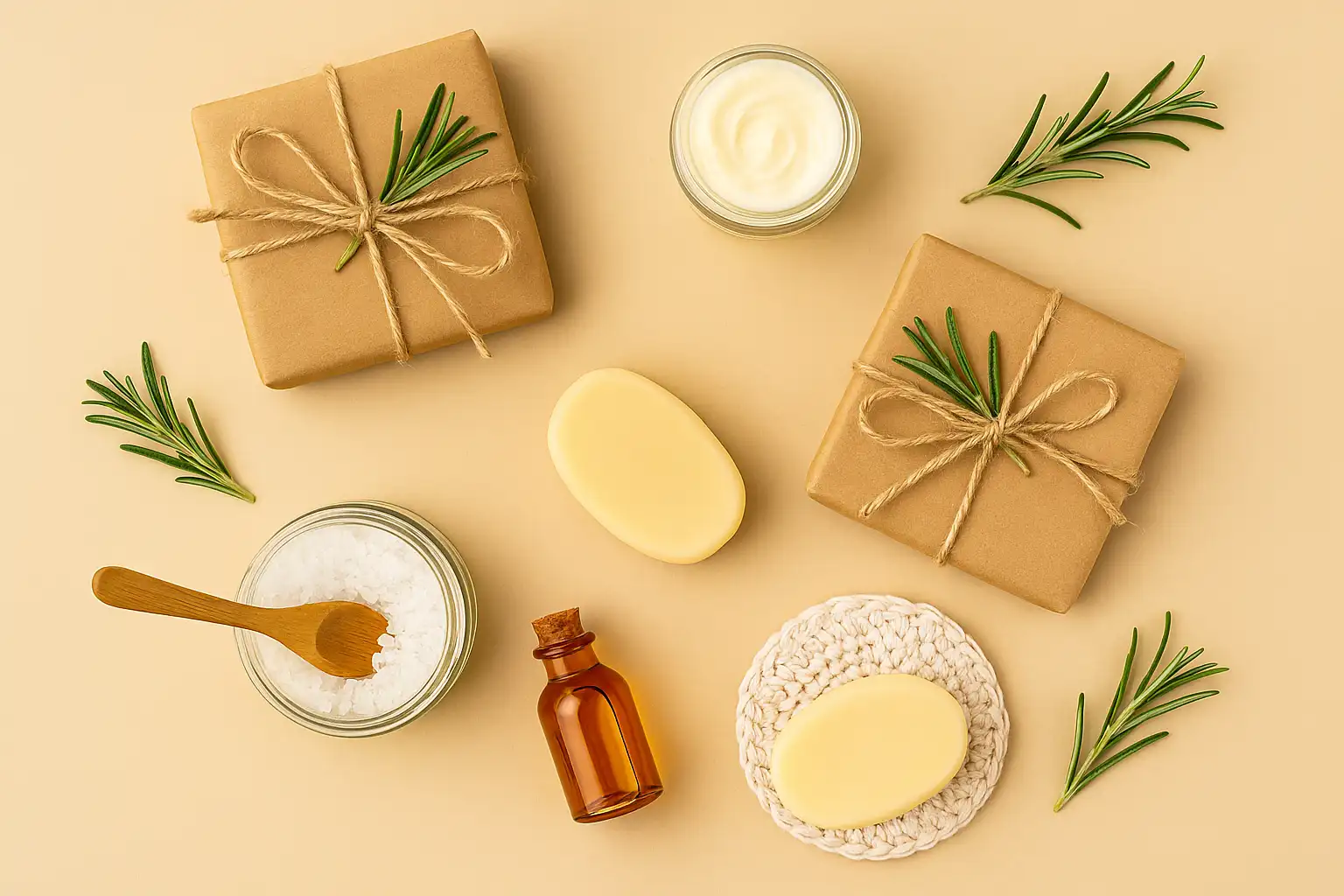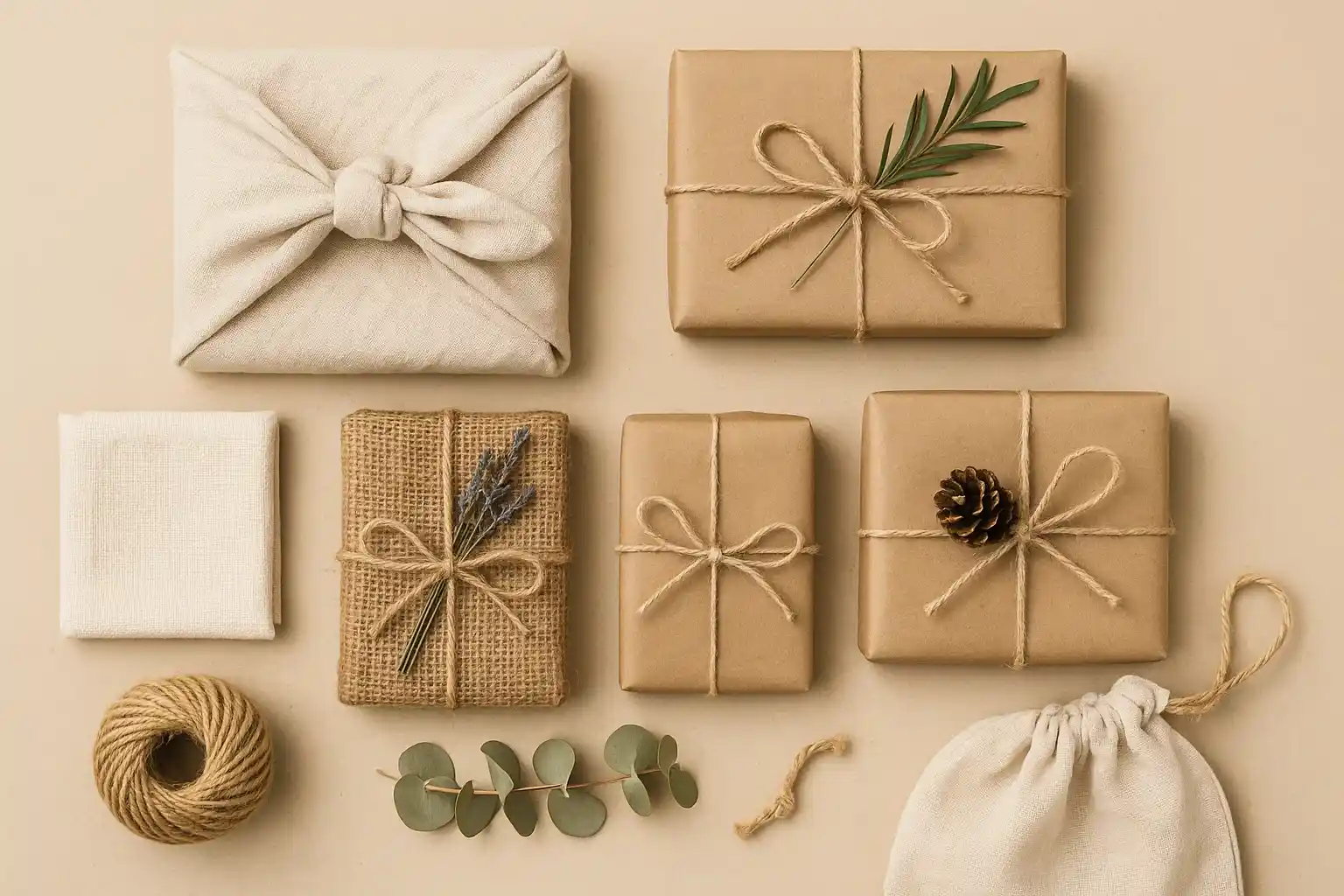Equipping a Conscious Kitchen: Choosing Sustainable Alternatives to Plastic Gadgets

The kitchen, a hub of creativity and nourishment, is often filled with an array of gadgets designed to simplify food preparation and cooking. While plastic has become a prevalent material in many kitchen tools due to its affordability and perceived convenience, its widespread use contributes significantly to environmental concerns. From the extraction of fossil fuels to the persistent problem of plastic waste in landfills and oceans, the lifecycle of plastic kitchen gadgets carries a considerable environmental footprint. Furthermore, many plastic tools are not designed for longevity, often breaking or wearing out quickly, leading to a cycle of continuous replacement. For the environmentally conscious gift-giver, opting for sustainable alternatives made from durable and natural materials offers a thoughtful and planet-friendly choice for equipping a greener kitchen.
The environmental impact of plastic kitchen gadgets is multifaceted. Their production relies on non-renewable resources and energy-intensive manufacturing processes. As non-biodegradable materials, they persist in landfills for centuries, contributing to waste accumulation. The potential for leaching chemicals into food, especially when exposed to heat, also raises health concerns. Recognizing these issues, many individuals are seeking more sustainable and safer options for their culinary endeavors.
Fortunately, a wealth of durable and environmentally friendly materials offer viable replacements for plastic kitchen gadgets. By choosing wooden or steel tools, opting for silicone-free utensils made from materials like bamboo or stainless steel, and selecting reclaimed wood boards for cutting and serving, we can equip our kitchens with high-quality, long-lasting items that minimize our environmental footprint and enhance the aesthetic of our cooking spaces. These alternatives often boast a timeless appeal and offer a more tactile and natural experience in the kitchen.
Crafting a Sustainable Culinary Space: Exploring Eco-Friendly Kitchen Tool Gifts
Moving beyond the realm of plastic kitchen gadgets opens up a world of durable and environmentally conscious alternatives:
Wooden or Steel Tools: Enduring Quality and Natural Beauty
Wooden kitchen tools, crafted from sustainably harvested wood like bamboo or beech, offer a durable, biodegradable, and aesthetically pleasing alternative to plastic. Wood is naturally non-reactive and gentle on cookware surfaces. From wooden spoons and spatulas to salad servers and measuring tools, these items bring a touch of natural warmth to the kitchen and are built to last for years with proper care. Brands like Bambu specialize in creating beautiful and sustainable kitchen utensils from bamboo. Steel kitchen tools, made from durable and recyclable stainless steel, are another excellent choice for their strength, longevity, and resistance to staining and odors. Stainless steel whisks, tongs, and serving spoons are essential kitchen staples that can last a lifetime.
Silicone-Free Utensils: Prioritizing Material Safety
While silicone is often marketed as a safer alternative to some plastics, concerns remain about its long-term durability and potential for degradation. Opting for silicone-free utensils made from materials like bamboo, stainless steel, or even sturdy wood offers a more definitively sustainable and often biodegradable choice. These materials provide the necessary functionality for cooking and serving without the environmental baggage associated with plastics and the uncertainty surrounding silicone's lifecycle. Package Free Shop offers a curated selection of plastic-free and silicone-free kitchen utensils made from durable and sustainable materials.
Reclaimed Wood Boards: Giving Old Wood a Culinary Purpose
Reclaimed wood boards, crafted from salvaged wood that has been repurposed, offer a unique and sustainable option for cutting boards, serving platters, and cheese boards. By giving old wood a new life, these boards reduce the demand for newly harvested timber and minimize waste. Each reclaimed wood board has its own distinct character and story, adding a rustic and environmentally conscious touch to the kitchen and dining table. These boards are often durable and can last for many years with proper care, making them a thoughtful and sustainable gift for any home chef.
Curating a Green Kitchen Gift Set
To create a truly thoughtful and sustainable kitchen gadget gift set, consider combining these alternatives:
- A set of wooden cooking utensils paired with a reclaimed wood cutting board.
- Stainless steel measuring spoons and cups presented with a bamboo spatula.
- A collection of silicone-free serving utensils bundled with organic cotton dish towels.
When presenting your eco-friendly kitchen gifts, opt for minimal and recyclable packaging, such as a simple cloth bag or a recycled cardboard box. By consciously choosing these sustainable alternatives, you can offer gifts that are both practical and aligned with a commitment to a greener lifestyle.
Related Blogs

Celebrate Sustainably: Unearthing a Treasure Trove of Birthday Gifts That Don’t Cost the Earth
Thoughtful ideas for eco-friendly and low-waste gifting.

Weaving Care and Conscience: Your Comprehensive Guide to Curating a Thoughtful Sustainable Gift Basket
Thoughtful ideas for eco-friendly and low-waste gifting.

Beyond the Gadget Graveyard: Thoughtful Alternatives to Unneeded Electronics as Gifts
Opt for digital subscriptions, charitable donations, or repair kits over likely e-waste.

Crafted with Care, Kind to the Earth: DIY Green Gift Ideas That Truly Show You Care
Simple do-it-yourself ideas for an eco-conscious lifestyle.

Unwrapping Responsibly: Creative Zero-Waste Alternatives to Plastic Gift Wrap
Choose recycled kraft paper, fabric wraps, or repurposed materials for eco-friendly gifting.

Write On, Sustainably: Choosing Eco-Friendly Alternatives to Plastic Stationery Sets
Opt for recycled paper journals, bamboo pens, and cork or fabric pencil cases for green gifting.
Stay in the Loop
Get tips and insights tailored to your interests — no spam, just sustainability.